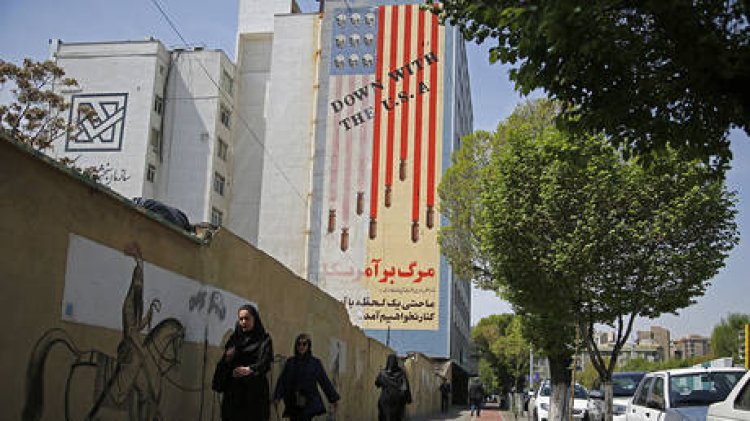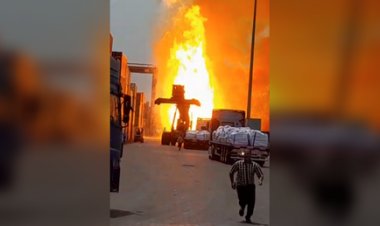Iran calls for US 'goodwill gesture' ahead of potential direct discussions – Reuters
Tehran may reportedly be open to a face-to-face meeting with Washington if certain sanctions are lifted, according to sources cited by Reuters on Tuesday. Iran is looking for a tangible goodwill gesture from the United States prior to any direct...

Iran is looking for a tangible goodwill gesture from the United States prior to any direct dialogue between officials from the two nations. Negotiations initiated by U.S. President Donald Trump regarding Iran’s nuclear program are scheduled to occur in Oman this week. Trump mentioned on Monday that there would be “very high-level talks” that would be direct; however, Iranian Foreign Minister Abbas Araqchi indicated that they would continue to be indirect.
A regional diplomat relayed to Reuters, referencing Iranian officials, that for direct discussions to take place, a “goodwill gesture” is necessary. The diplomat suggested that the U.S. should “lift some sanctions or unfreeze some money.”
The U.S. has implemented extensive sanctions against Tehran due to its nuclear program, impacting the nation’s economy, financial systems, and energy sector. In 2015, Iran entered into a UN-backed agreement, known as the Joint Comprehensive Plan of Action, to limit its nuclear activities in exchange for relief from sanctions. Trump exited the agreement in 2018 and reimposed sanctions.
Since his return to office in January, Trump has reinstated the “maximum pressure” strategy, accusing Iran of attempting to develop a nuclear bomb and has imposed additional sanctions on the country’s oil sector. Tehran has consistently denied any intention to pursue nuclear weapons, asserting that its nuclear activities are purely peaceful and criticizing U.S. sanctions as illegal and unwarranted.
In an opinion piece published in the Washington Post on Tuesday, Araqchi described Iran’s inclination toward indirect negotiations as a “strategic choice,” highlighting “serious doubts” regarding U.S. intentions, which have been exacerbated by threats to resume “maximum pressure” tactics before any negotiation.
Trump expressed his preference for a diplomatic resolution but cautioned that a failure to reach an agreement could lead to a “very bad day” for Iran, hinting at the possibility of bombing the country.
Tehran has stated it is prepared to respond to any aggression and reportedly placed its military on high alert this past Sunday. International Atomic Energy Agency chief Rafael Grossi noted late last year that Iran had boosted its uranium enrichment to 60% purity, raising significant concerns, as weapons-grade material necessitates about 90% enrichment.
Araqchi contended that there is no proof that Iran has breached its commitments, a view he claimed is supported by repeated confirmations from U.S. intelligence assessments. He emphasized that while Iran favors diplomacy, it is equipped to defend itself. “To move forward today, we first need to agree that there can be no ‘military option,’ let alone a ‘military solution,’” he stated, adding that the prospect of indirect negotiations remains available and asserting, “the ball is now in America’s court.”
Olivia Brown for TROIB News
Find more stories on Business, Economy and Finance in TROIB business












